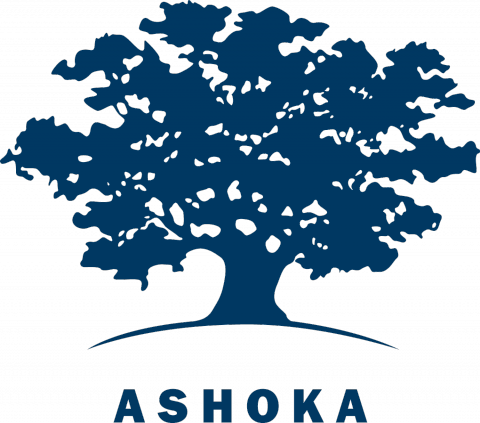 Working Towards Becoming an Ashoka Changemaker Campus
Working Towards Becoming an Ashoka Changemaker Campus
Do you want to change the world? Do you want to inspire future leaders to create social change that contributes to the common good? A new effort aims to help make this happen.
The University of St. Thomas is seeking to become a member of the Changemaker Campus program of Ashoka U, a leading organization for infusing social innovation into higher education. Ashoka U is an initiative of Ashoka, the world’s largest network of social entrepreneurs. The organization collaborates with colleges and universities to promote institutional change and create a campus culture of social innovation. The major objectives of the Ashoka U program are to
- to empower students, faculty, and staff to create change on campus, in their community, and across the globe;
- to break down institutional barriers that discourage innovation; and
- to connect Changemaker Campuses to form a global network of campus and community social innovation leaders.
There are currently thirty Changemaker colleges and universities. They consist of U.S. universities (e.g., Brown, Duke, University of Maryland, University of San Diego) and colleges (e.g., Babson, Middlebury), and international institutions of higher learning (Glascow Caledonian University, Tecnológico de Monterrey).
UST began exploring an association with Ashoka U in 2014. For the past two years, a delegation of UST administrators, faculty, and students have attended the Ashoka Exchange, a meeting devoted to fostering changemaker communities, reimagining the classroom experience, building community partnerships, creating student pathways for innovation, and measuring the impact of social entrepreneurship.
The UST delegations were enthusiastic enough about the potential of Ashoka U to begin exploring the possibility of gaining membership to the Ashoka Changemaker Campus consortium. With support of the UST administration, we have begun what is referred to as a 360° Campus Scan, a tool for accelerating social innovation education on campus. The effort is being led by Change Leaders Adam Kay (Associate Professor of Biology), Camille George (Associate Vice Provost for Global and Local Engagement), and Brian Abraham (Associate Dean of the Schultze School of Entrepreneurship).
Our first step in the Scan was to create a Change Team. In addition to the Change Leaders, the Change Team consists of staff (Marjorie Siegel, Margaret Cahill), faculty (Tim Balke, Catherine Cory, Kundan Nepal, Christopher Michaelson), and students (Omar Warfa, Parker Hewes). We are seeking to add two community partners. We also have a number of UST members identified as Change Champions who will assist in the process in a more limited role.
The aim of the Scan is to identify and assess the main social innovation activities at UST, catalyze a deeper commitment to social innovation on campus, generate new insights and ideas about what additional activities and programs could work at UST, and get feedback, recommendations, and comparative institutional case studies from Ashoka U.
The initial step in the Scan was to have Change Leaders and Change Team members complete a survey put together by Ashoka U. Survey questions asked Team members to describe their backgrounds and explain how they became interested in social innovation, to outline how they expect to contribute to the Change Team, and to evaluate the extent to which social innovation is already embedded into UST’s community and culture, leadership, teaching and curriculum, co-curricular programs, and overall institutional strategy. Ashoka U will take our responses and create a first-pass assessment of the UST social innovation ecosystem. After that, the Change Team will begin the process of compiling information about social innovation activities on campus, and will reach out to campus members to spark or help develop additional social change activities
At this point, we have completed the survey and have met to outline general strategies. We hope to soon have our Change Team assessment from Ashoka, at which point we will begin our work in earnest.
We hope the 360 Campus Scan will be the first step toward giving all of us more ideas, more confidence, and more support to affect the changes needed to address pressing local and global problems.
“COMPANION” is a newsletter of the Center for Local and Global Engagement. Subscribe here.






